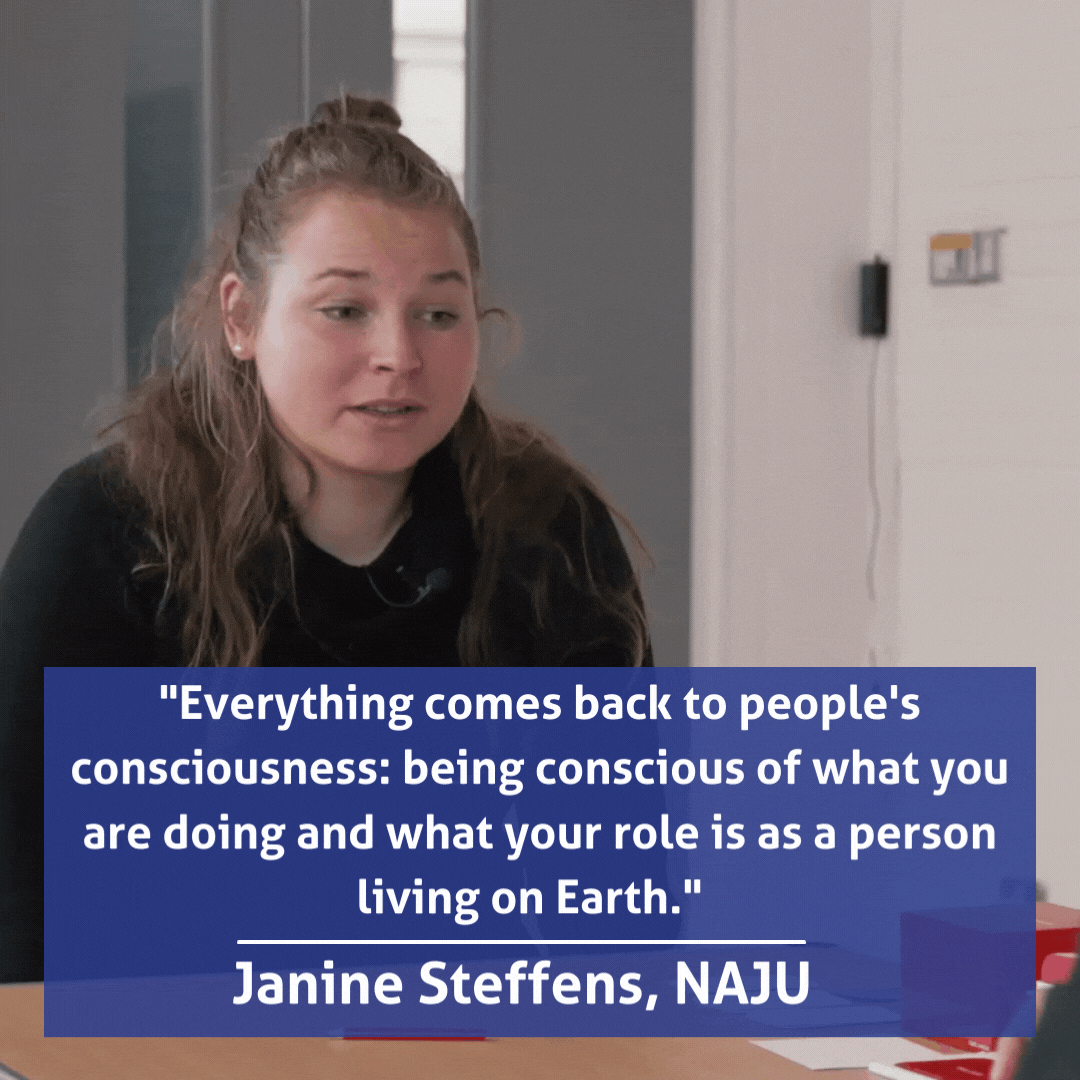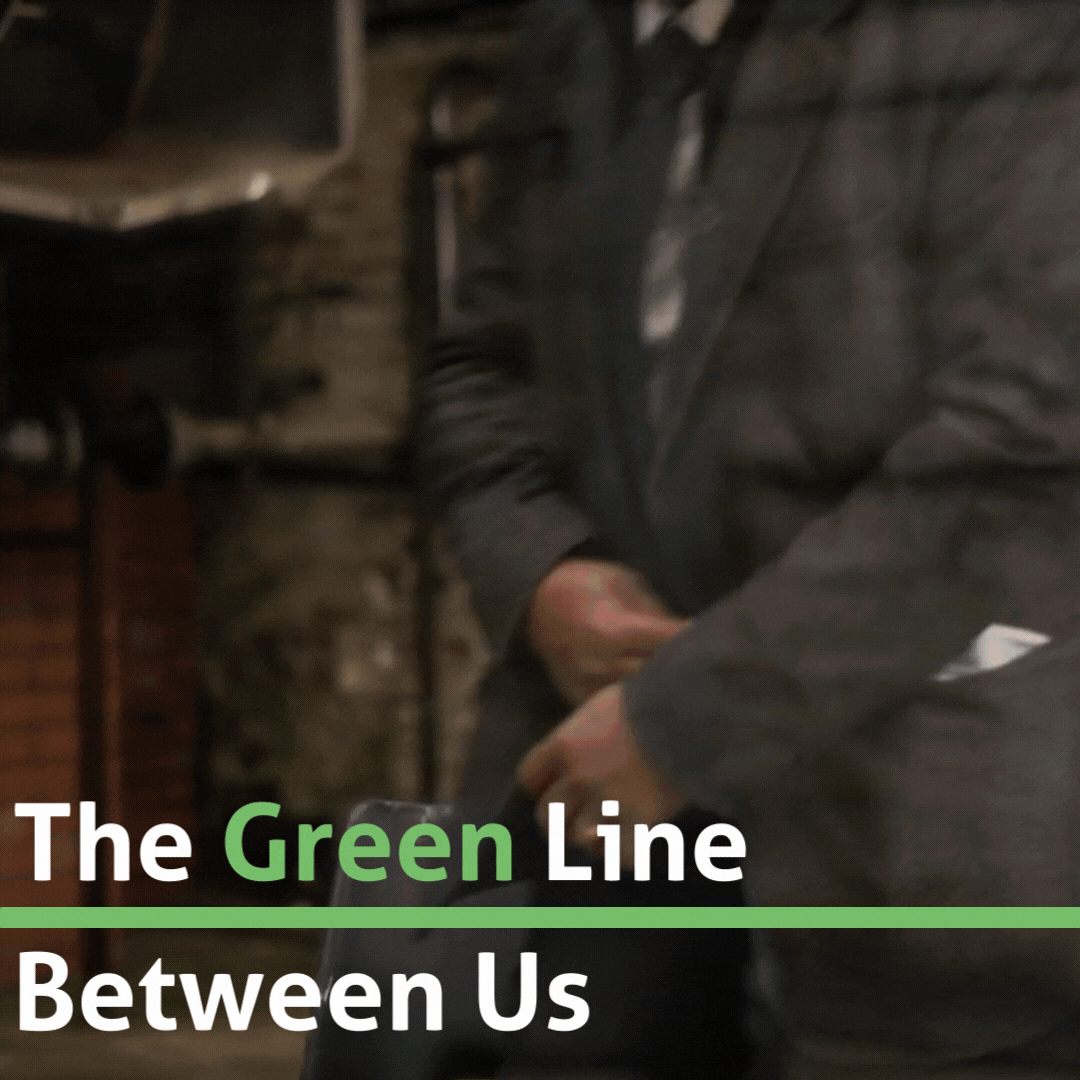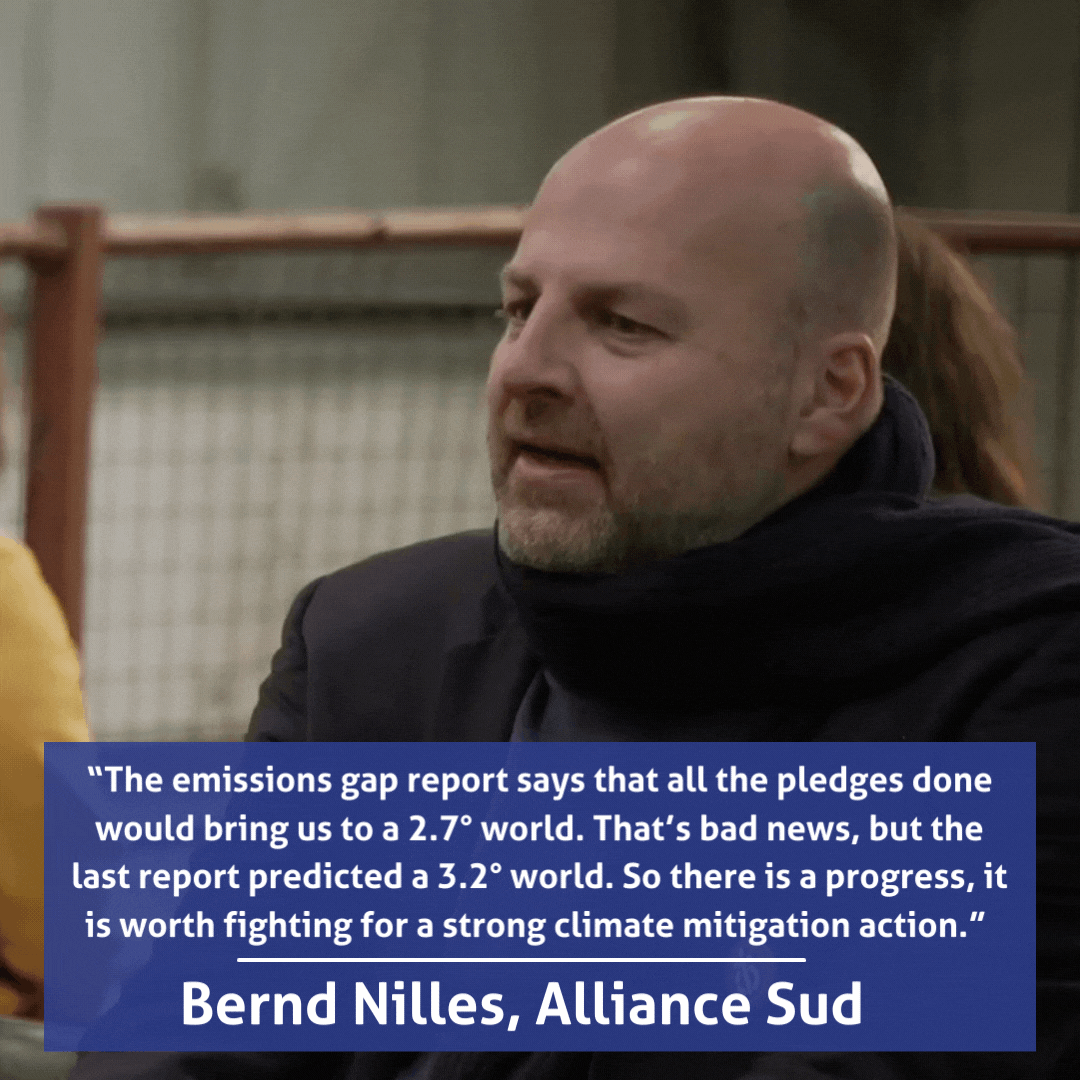Overwhelmed, scared, exhausted, anxious, drained, hopeless, depressed. This is just a glimpse of how youth feels today. And it’s no surprise why: current generations are faced with a socio-economic system unable to change direction or alter its course away from the threat of ecological collapse it has created, and their voices, defiant and loud, are not being heard. And now these young people are standing in front of the mess they didn’t create with only one burning question – how to fix this if no one is listening?
President of the European Commission, Ursula Von der Leyen, gained the attention of thousands of young European people on 15 September 2021. In her State of the Union address to the Parliament, she outlined the plan for a European Year of Youth. This year will, among other aspects, focus on including youth in European and national policymaking. But what does that mean? How are policy-makers going to connect with youth and vice versa, and what would young people themselves like to see happen this year?
Members of the Parliament adopted von der Leyen’s proposal with 604 votes in favour, 25 against and 68 abstentions. An overall majority who agree to put more attention on youth engagement and participation this year. According to the European Parliament, ‘’The 2022 European Year of Youth will focus on re-establishing a positive outlook for European young people negatively affected by the impact of the COVID-19 pandemic’’. Of all the devastating effects of the COVID-19 pandemic, young people are severely affected by lockdowns and lack of social contact, leading to mental health problems and more challenges. See for example the shocking outcomes of a poll by UNICEF on the well-being of young people in Latin America and the Caribbean since the pandemic, where 27% reported feeling anxiety and 15% depression in the last seven days.
And not only the COVID-19 pandemic: as the climate crisis manifests itself in a rising number of hurricanes, floods, wildfires and other terrifying impacts and events across the world, young people are feeling scared and hopeless for their future. Youth could most certainly use some positive news and events to look forward to this year. According to the Parliament, there will be a special focus on the mental health of young people this year.
The European Commission has highlighted the need for co-creating the programme of this European Year of Youth together with young people. That is why they posted an online survey on 22 October 2021 to gather the ideas, opinions and concerns of young people. That is a good example of how consultations should look like, asking for the input of young people and what they want – rather than forcing ideas on them. Around 5,000 young people, spread across Europe, participated in the online survey.
What do young people want?
According to the above mentioned survey:
-
58.8% of the respondents want to actively contribute to the European Year of Youth and see this as a positive reinforcement of the EU that decision-makers are thinking of their future;
-
The most voted theme for this year was ‘education and training’ with 63.6% of the votes. Other topics included ‘climate change/environment’, ‘health/mental health’, ‘inclusive societies, including gender and anti-discrimination’;
-
Most respondents would like to have the activities take place face-to-face, in their own countries and across Europe. Most of the respondents would like to see festivals, workshops, debates, and training sessions as part of the activities this year.



The full report based on the outcomes of the survey can be found here. So what will happen next? There will be an improved budget – Erasmus+ and European Solidarity Corps programmes will receive an extra €8 million funding this year. Together with the European Commission and civil society, activities will be organised by national coordinators in each member state. The European Youth Portal will detail the full programme and activities of this year. Hopefully this will include not only training sessions and fun activities for young people, but also some real opportunities for youth to engage and participate in national decisions and processes that will influence their future. This needs to be a platform for the voices of youth to be heard at the European level.
In light of the European Year of Youth and in the frames of the #SparkAChange project, we are launching the #weCANconnect videos which brought together youth climate activists and climate experts at the last UN Climate Summit COP26 to discover the diversity of experiences and fears within the climate movement. CAN Europe actively aims to give a platform to youth voices and their concerns and hopes wishing the European Year of Youth will inspire many more organisations and Member States to do the same.



